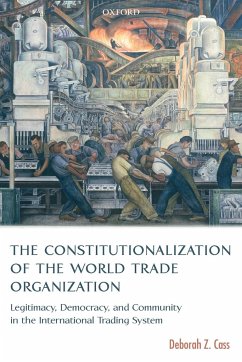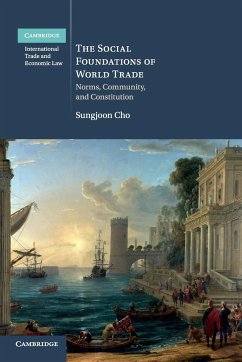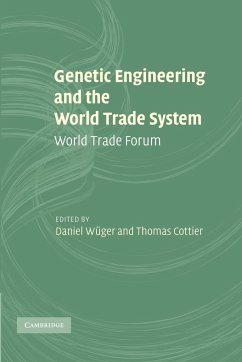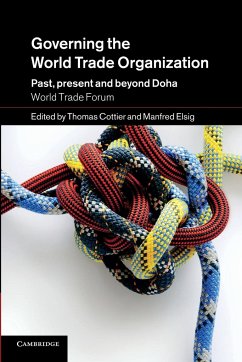
Governing the World Trade Organization
Past, Present and Beyond Doha
Herausgeber: Cottier, Thomas; Elsig, Manfred
Versandkostenfrei!
Versandfertig in 1-2 Wochen
58,99 €
inkl. MwSt.

PAYBACK Punkte
29 °P sammeln!
Like many other international organizations, the World Trade Organization stands at a crossroads. There is an obvious imbalance between the organization's dispute settlement arm and its negotiation platform. While its current rules, supported by a strong dispute settlement system, have provided some buffering against the negative effects of the financial crises, its negotiation machinery has not produced any substantial outcomes since the late 1990s. It has become obvious that the old way of doing business does not work any more and fresh ideas about governing the organization are needed. Base...
Like many other international organizations, the World Trade Organization stands at a crossroads. There is an obvious imbalance between the organization's dispute settlement arm and its negotiation platform. While its current rules, supported by a strong dispute settlement system, have provided some buffering against the negative effects of the financial crises, its negotiation machinery has not produced any substantial outcomes since the late 1990s. It has become obvious that the old way of doing business does not work any more and fresh ideas about governing the organization are needed. Based on rigorous scholarship, this volume of essays offers critical readings on the functioning of the system and provides policy-relevant ideas that go beyond incremental redesign but avoid the trap of romantic scenarios.





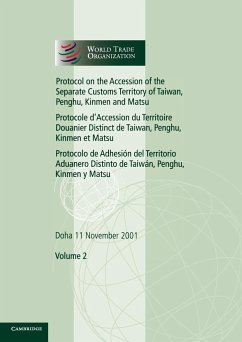
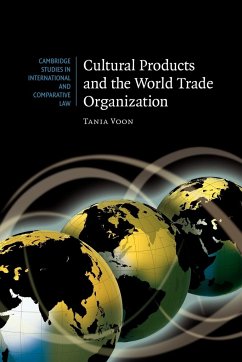
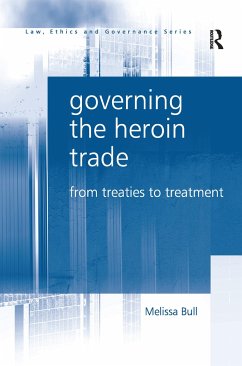
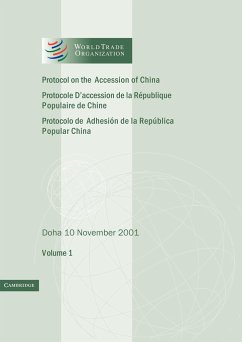

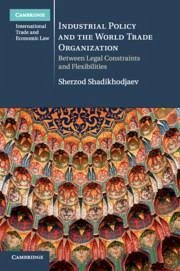
![Revised Laws of the Knights of the Maccabees of the World [microform]: Governing the Supreme Tent, Great Camps and Subordinate Tents, Adopted May 18, Cover Revised Laws of the Knights of the Maccabees of the World [microform]: Governing the Supreme Tent, Great Camps and Subordinate Tents, Adopted May 18,](https://bilder.buecher.de/produkte/66/66152/66152224n.jpg)
